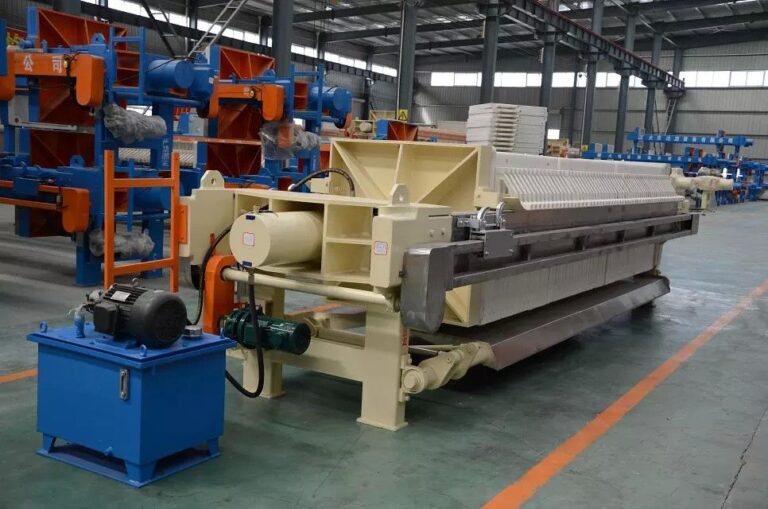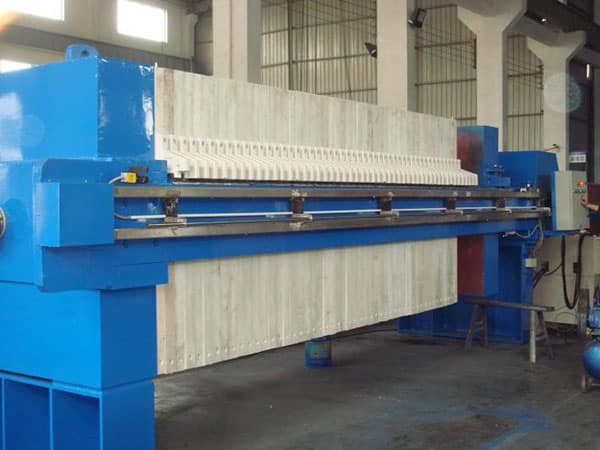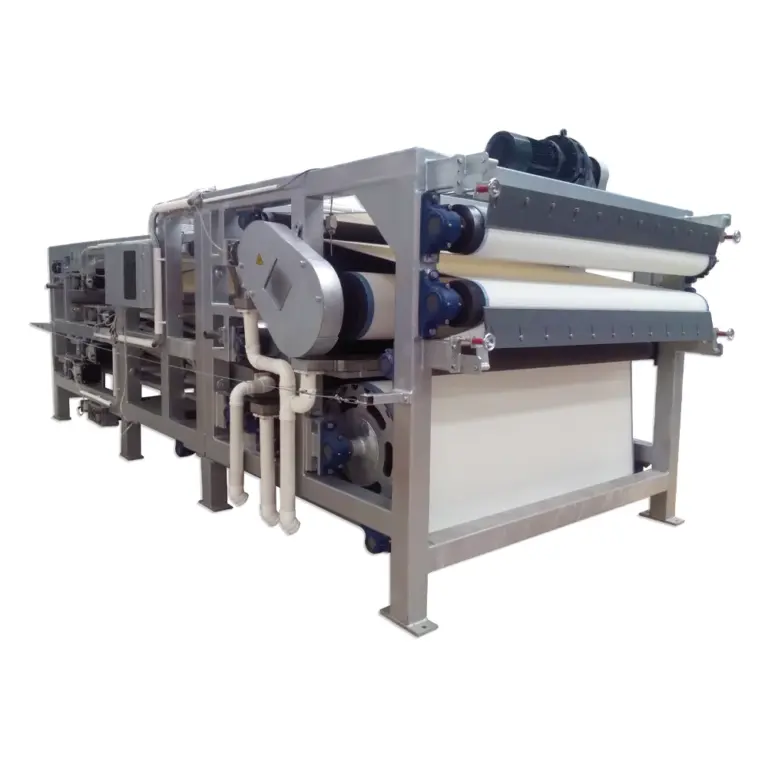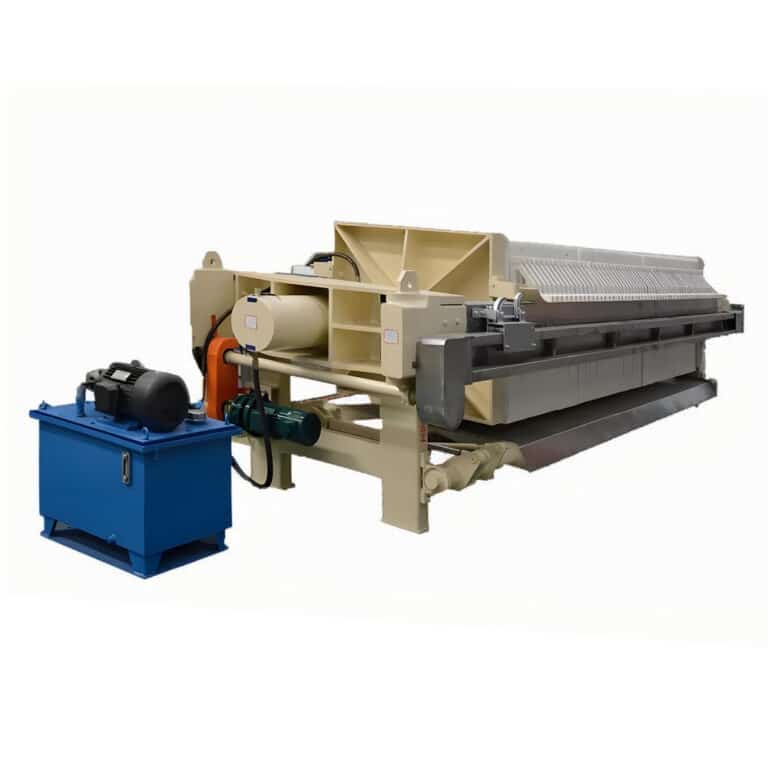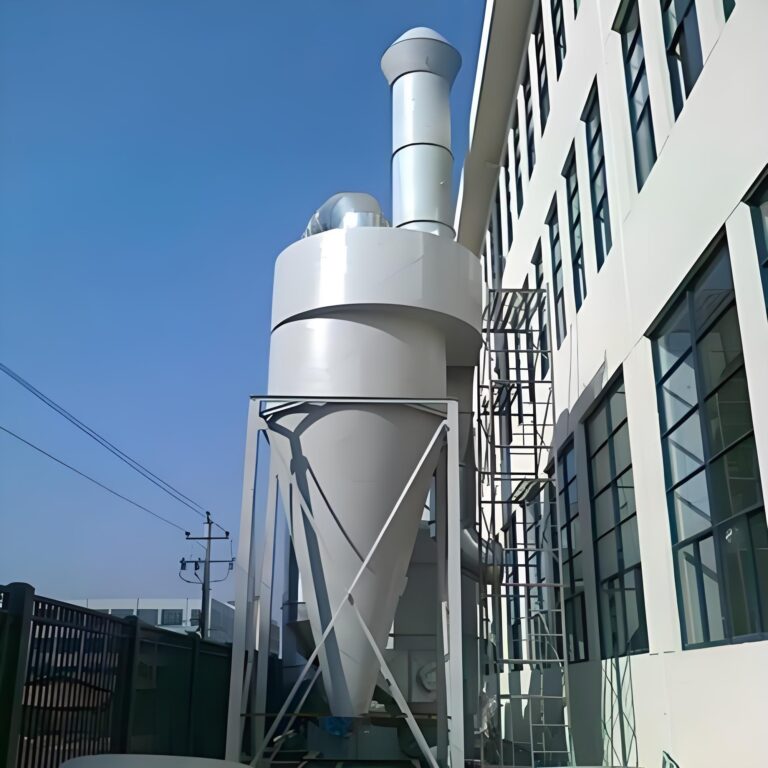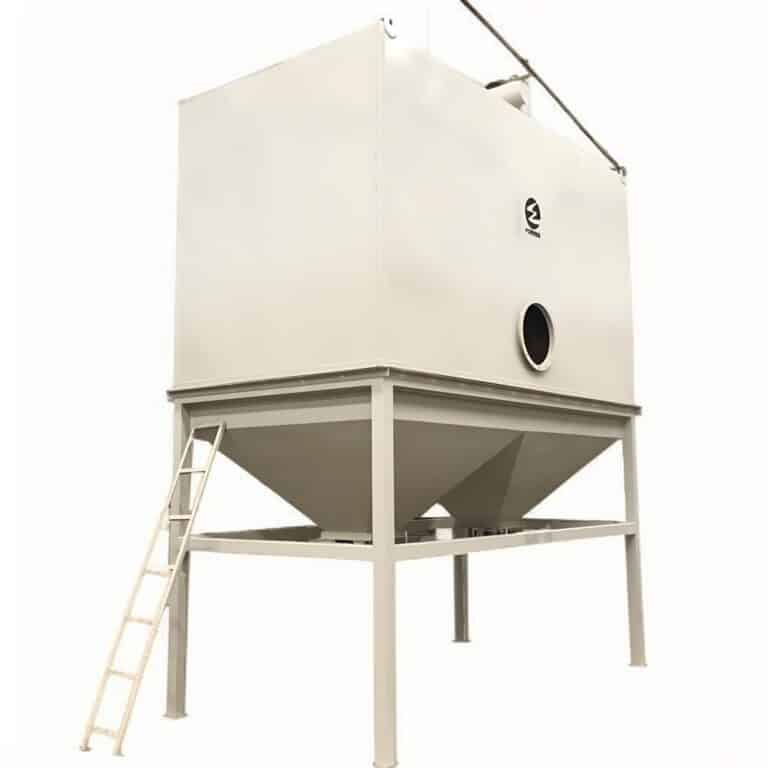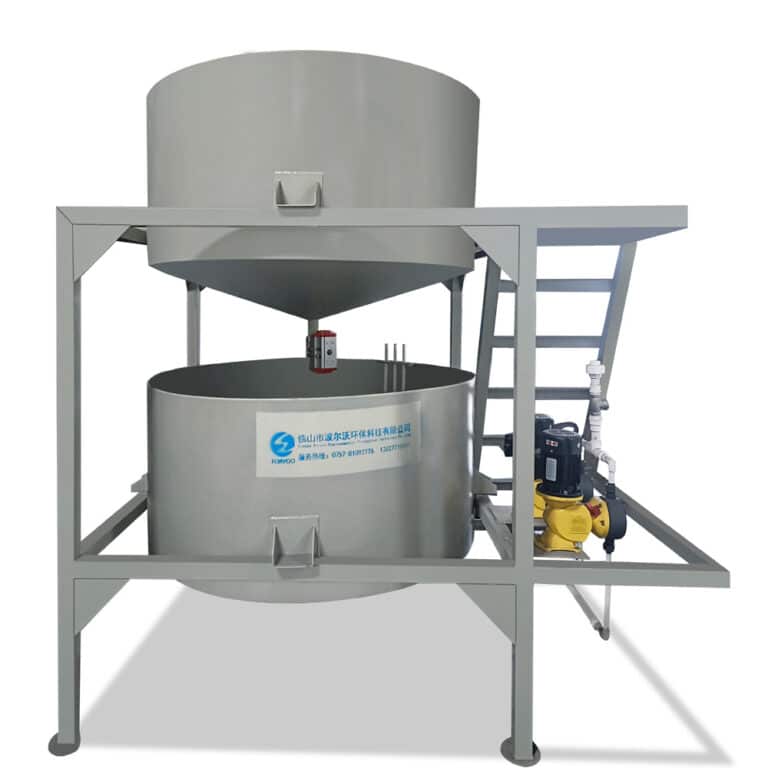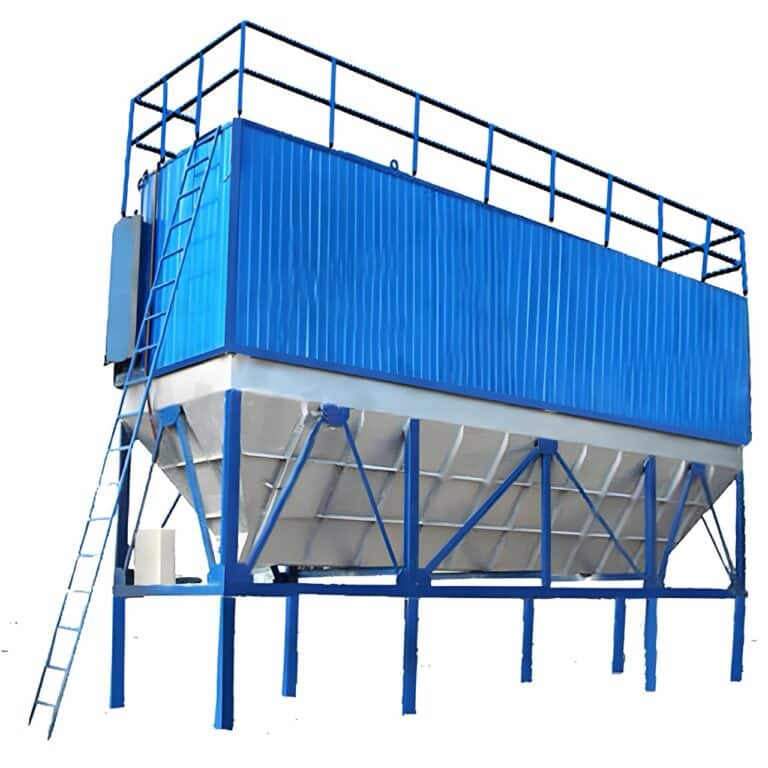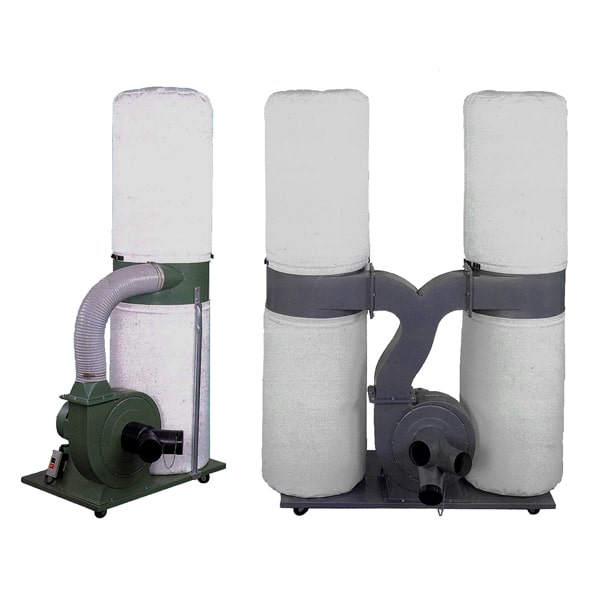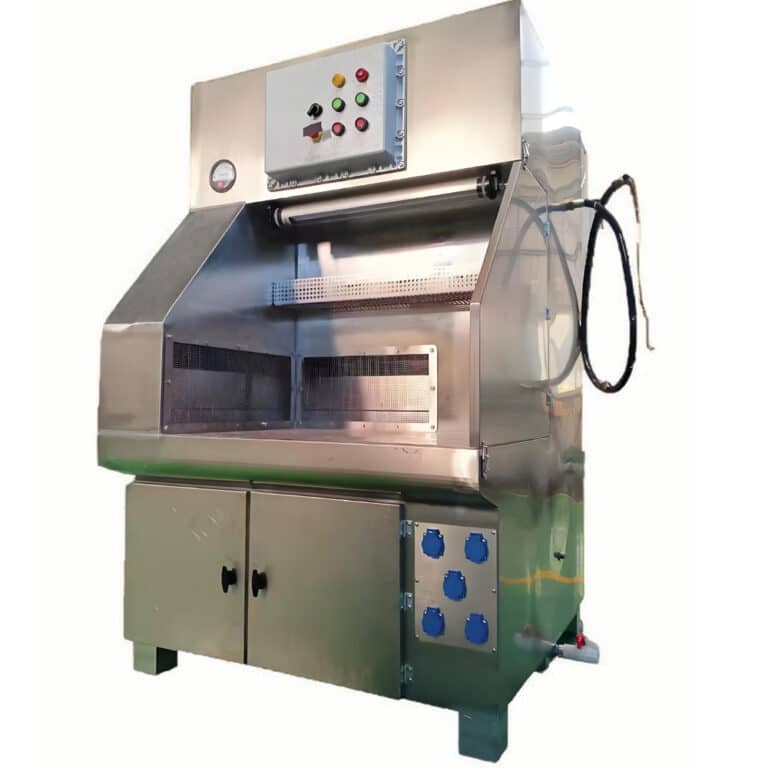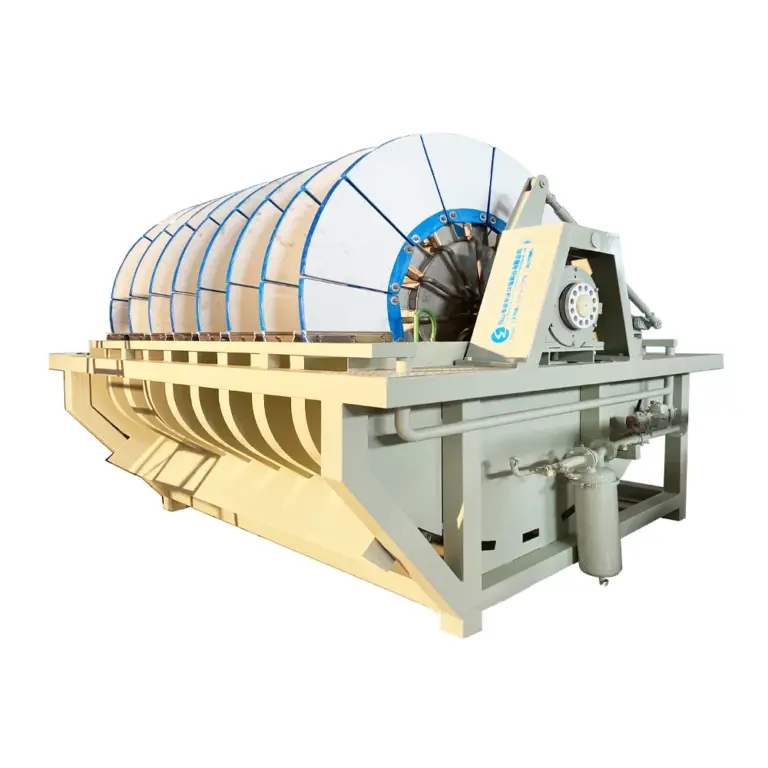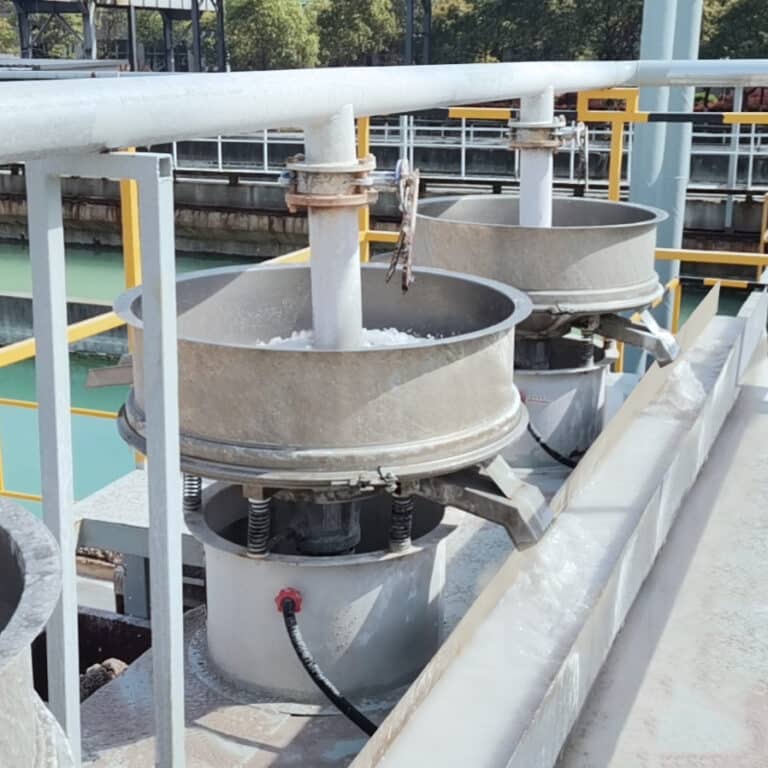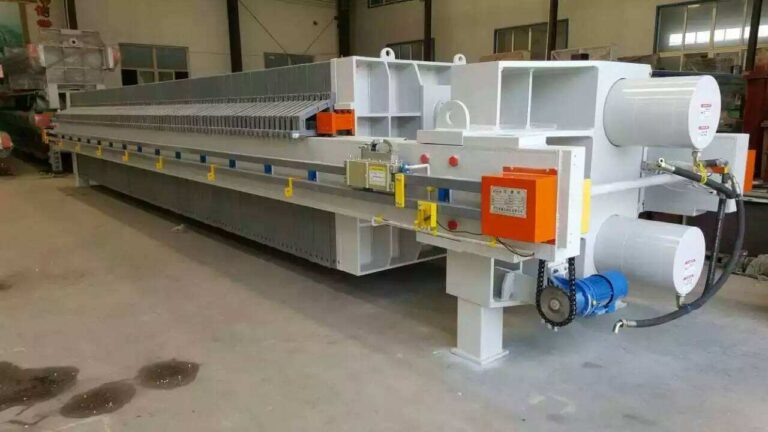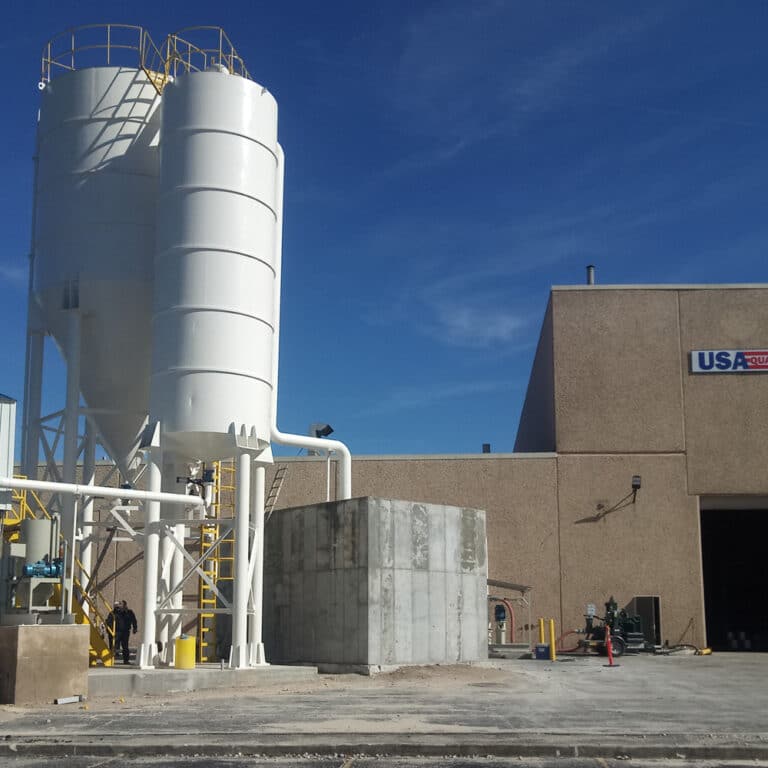In the world of industrial filtration, customized solutions have become increasingly important as businesses seek to optimize their processes and maximize efficiency. Fully automatic filter press designs tailored to specific needs are at the forefront of this trend, offering unparalleled performance and adaptability. As industries evolve and face unique challenges, the demand for bespoke filtration systems has grown exponentially.
The realm of customized fully automatic filter press designs encompasses a wide range of innovations and adaptations. From specialized filter plate configurations to advanced control systems, these tailored solutions address the diverse requirements of various industries. By incorporating cutting-edge technologies and materials, manufacturers are able to create filter presses that not only meet but exceed the expectations of their clients.
As we delve deeper into the world of customized fully automatic filter press designs, we'll explore the key factors driving this trend, the benefits of tailored solutions, and the innovative approaches being employed by industry leaders. We'll examine how these bespoke systems are revolutionizing filtration processes across multiple sectors and discuss the future of customization in industrial filtration technology.
Customized fully automatic filter press designs represent a paradigm shift in industrial filtration, offering unparalleled performance and adaptability to meet the unique needs of diverse industries.
What are the key advantages of customized fully automatic filter press designs?
When it comes to industrial filtration, one size does not fit all. Customized fully automatic filter press designs offer a myriad of advantages that set them apart from off-the-shelf solutions. These bespoke systems are engineered to address specific challenges and optimize performance in ways that standard designs simply cannot match.
The primary benefits of customized filter press designs include improved efficiency, reduced operational costs, and enhanced product quality. By tailoring the system to the exact requirements of a particular application, manufacturers can achieve higher filtration rates, lower cake moisture content, and more consistent results.
Diving deeper into the advantages, we find that customized solutions often incorporate innovative features that address industry-specific concerns. For instance, in the pharmaceutical sector, filter presses may be designed with enhanced sanitation capabilities to meet stringent regulatory requirements. In the mining industry, robust construction and corrosion-resistant materials might be prioritized to withstand harsh operating conditions.
Customized fully automatic filter press designs deliver up to 30% higher filtration efficiency and can reduce operational costs by as much as 25% compared to standard models.
| Advantage | Impact |
|---|---|
| Improved Efficiency | Up to 30% increase |
| Cost Reduction | Up to 25% savings |
| Product Quality | Significant enhancement |
| Regulatory Compliance | Tailored to industry standards |
In conclusion, the advantages of customized fully automatic filter press designs extend far beyond mere performance improvements. These tailored solutions offer a competitive edge by addressing unique operational challenges, ensuring regulatory compliance, and ultimately contributing to the overall success of industrial filtration processes.
How do manufacturers determine the optimal design for a customized filter press?
Determining the optimal design for a customized filter press is a complex process that requires a deep understanding of the client's needs and the intricacies of their filtration requirements. Manufacturers like PORVOO employ a comprehensive approach to ensure that each customized solution is perfectly tailored to the specific application.
The process typically begins with an in-depth consultation and analysis phase. Engineers work closely with clients to gather detailed information about their filtration needs, including the types of materials being processed, desired throughput, space constraints, and any special requirements unique to their industry.
Once the initial data is collected, manufacturers utilize advanced simulation tools and modeling software to design and test various configurations. This virtual prototyping allows for rapid iteration and optimization without the need for costly physical prototypes.
Industry leaders in filter press design report that up to 80% of customization decisions are based on data-driven analysis and computer simulations, resulting in highly optimized solutions.
| Design Factor | Consideration |
|---|---|
| Material Compatibility | Chemical resistance |
| Throughput | Filtration area and cycle time |
| Cake Discharge | Automatic vs. manual |
| Control System | Integration with existing infrastructure |
The final step in determining the optimal design involves collaborative refinement with the client. Manufacturers present their proposed solutions, complete with performance projections and cost analyses. This iterative process ensures that the final design not only meets but exceeds the client's expectations.
In conclusion, the determination of an optimal customized filter press design is a meticulous process that combines expert knowledge, advanced technology, and close collaboration with clients. This approach results in highly efficient and effective filtration solutions that are perfectly suited to each unique application.
What role does automation play in customized filter press designs?
Automation plays a pivotal role in the development of customized filter press designs, revolutionizing the way these systems operate and perform. As industries push for greater efficiency and consistency, automation has become a cornerstone of modern filter press technology.
In customized fully automatic filter press designs, automation extends far beyond basic operational control. These systems incorporate sophisticated sensors, actuators, and control algorithms that work in harmony to optimize every aspect of the filtration process. From precise feed control to intelligent cake discharge mechanisms, automation ensures that each cycle is executed with maximum efficiency.
One of the key benefits of automation in customized filter press designs is the ability to adapt to changing conditions in real-time. Advanced control systems can monitor parameters such as pressure, flow rate, and cake thickness, making minute adjustments to maintain optimal performance throughout the filtration cycle.
Studies have shown that fully automated filter press systems can reduce human intervention by up to 90%, leading to significant improvements in operational efficiency and safety.
| Automation Feature | Benefit |
|---|---|
| Real-time Monitoring | Continuous optimization |
| Intelligent Cycle Control | Improved consistency |
| Remote Operation | Enhanced safety |
| Data Logging | Predictive maintenance |
The integration of automation in customized filter press designs also facilitates seamless integration with broader industrial control systems. This connectivity allows for comprehensive process optimization and data-driven decision-making at a plant-wide level.
In conclusion, automation is an indispensable component of modern customized filter press designs. It not only enhances operational efficiency and product quality but also paves the way for smarter, more responsive filtration systems that can adapt to the ever-changing demands of industry.
How do customized filter press designs address specific industry challenges?
Customized filter press designs are uniquely positioned to address the specific challenges faced by various industries. By tailoring every aspect of the system to the particular needs of a given sector, manufacturers can create solutions that overcome obstacles that would be insurmountable for standard equipment.
In the mining industry, for example, customized filter presses might incorporate extra-robust construction to handle abrasive slurries, along with specialized filter media that can withstand high pressures and corrosive environments. For the food and beverage sector, designs may focus on ease of cleaning and sanitization, with materials and configurations that meet strict hygiene standards.
The pharmaceutical industry presents its own set of challenges, which customized filter press designs address through features such as fully enclosed systems to prevent contamination, and materials that are compatible with a wide range of chemical compounds. In wastewater treatment, the focus might be on maximizing throughput and achieving extremely low moisture content in the filter cake.
Custom filter press designs have been shown to improve filtration efficiency by up to 40% in challenging applications such as mining and chemical processing, where standard equipment often falls short.
| Industry | Customization Focus |
|---|---|
| Mining | Abrasion resistance |
| Food & Beverage | Hygiene and sanitization |
| Pharmaceutical | Contamination prevention |
| Wastewater | High throughput and dry cake |
Manufacturers of customized filter presses, such as those offering Customized solutions, work closely with industry experts to develop innovative features that directly address sector-specific challenges. This collaborative approach ensures that the resulting designs are not only effective but also compliant with relevant regulations and industry best practices.
In conclusion, the ability of customized filter press designs to address specific industry challenges is one of their greatest strengths. By focusing on the unique requirements of each sector, these tailored solutions provide superior performance and reliability in even the most demanding applications.
What materials and technologies are used in cutting-edge customized filter press designs?
The world of customized filter press designs is constantly evolving, with manufacturers incorporating cutting-edge materials and technologies to push the boundaries of performance and efficiency. These innovations are key to addressing the increasingly complex filtration challenges faced by modern industries.
Advanced materials play a crucial role in the development of customized filter presses. High-performance polymers, such as PEEK and PTFE, are being used for components that come into contact with corrosive or high-temperature fluids. For structural elements, new alloys and composites offer improved strength-to-weight ratios, allowing for larger, more efficient presses without compromising mobility.
On the technology front, Industry 4.0 concepts are being integrated into customized filter press designs. IoT sensors and advanced analytics platforms enable real-time monitoring and predictive maintenance, minimizing downtime and optimizing performance. Some cutting-edge designs even incorporate machine learning algorithms that can adjust operational parameters on the fly to maintain peak efficiency.
Recent advancements in materials science have led to the development of filter media that can withstand up to 50% higher pressures than traditional options, enabling more efficient separation processes in customized filter press designs.
| Technology | Application |
|---|---|
| IoT Sensors | Real-time monitoring |
| Machine Learning | Adaptive process control |
| Advanced Polymers | Corrosion resistance |
| Composite Materials | Lightweight construction |
Manufacturers are also exploring innovative plate designs that enhance filtration efficiency. This includes the development of new surface patterns and materials that improve cake release and reduce cycle times. Some customized solutions even incorporate alternative pressing mechanisms, such as membrane squeeze or vibration assistance, to further optimize the filtration process.
In conclusion, the materials and technologies used in cutting-edge customized filter press designs are at the forefront of industrial innovation. By leveraging these advancements, manufacturers can create filtration solutions that not only meet current needs but are also prepared for the challenges of tomorrow.
How do customized filter press designs impact overall plant efficiency?
The impact of customized filter press designs on overall plant efficiency is profound and multifaceted. These tailored solutions can significantly enhance productivity, reduce operational costs, and improve product quality, all of which contribute to a more efficient and competitive operation.
One of the primary ways customized filter presses impact plant efficiency is through improved throughput. By optimizing the design for specific process requirements, these systems can handle higher volumes of material in shorter cycle times. This increased capacity often translates to reduced bottlenecks in the production process, allowing other plant operations to run more smoothly.
Energy efficiency is another crucial factor. Customized designs can incorporate features such as variable frequency drives and optimized hydraulic systems that reduce power consumption. Additionally, by achieving higher levels of cake dryness, these presses can minimize downstream processing requirements, further reducing energy usage across the plant.
Case studies have shown that plants implementing customized filter press designs have achieved overall efficiency improvements of up to 20%, with some reporting energy savings of 30% or more compared to standard filtration systems.
| Efficiency Factor | Potential Improvement |
|---|---|
| Throughput | Up to 40% increase |
| Energy Consumption | Up to 30% reduction |
| Maintenance Downtime | Up to 50% decrease |
| Product Quality | Significant enhancement |
The integration of customized filter presses with plant-wide control systems also plays a significant role in boosting efficiency. By seamlessly connecting filtration data with other process parameters, operators can make more informed decisions and optimize production flows in real-time.
In conclusion, the impact of customized filter press designs on overall plant efficiency is substantial and far-reaching. These tailored solutions not only improve the filtration process itself but also contribute to broader operational enhancements, positioning plants for greater success in competitive markets.
What are the future trends in customized fully automatic filter press designs?
As we look to the future of customized fully automatic filter press designs, several exciting trends are emerging that promise to further revolutionize industrial filtration processes. These advancements are driven by a combination of technological innovation, changing market demands, and a growing focus on sustainability.
One of the most significant trends is the increasing integration of artificial intelligence and machine learning capabilities. Future filter press designs are likely to incorporate sophisticated algorithms that can predict maintenance needs, optimize filtration parameters in real-time, and even suggest process improvements based on historical data analysis.
Sustainability is another key driver of innovation in customized filter press designs. Manufacturers are focusing on developing solutions that minimize waste, reduce energy consumption, and facilitate the recovery of valuable materials from filtration processes. This includes the use of recyclable filter media and the implementation of closed-loop systems that recirculate process water.
Industry experts predict that by 2025, over 60% of new customized filter press installations will incorporate some form of AI-driven optimization, leading to an average efficiency increase of 15-20% compared to current systems.
| Future Trend | Expected Impact |
|---|---|
| AI Integration | 15-20% efficiency increase |
| Sustainable Design | 30% reduction in waste |
| Modular Construction | 40% faster installation |
| Advanced Materials | 25% longer equipment life |
Another emerging trend is the development of more modular and flexible filter press designs. These systems will allow for easier scalability and adaptation to changing production needs, reducing the need for complete system overhauls as processes evolve.
In conclusion, the future of customized fully automatic filter press designs is marked by smarter, more sustainable, and more adaptable solutions. As these trends continue to shape the industry, we can expect to see filter presses that not only meet current filtration needs but are also prepared to tackle the challenges of tomorrow's industrial landscape.
Conclusion
Customized fully automatic filter press designs represent a significant leap forward in industrial filtration technology. By tailoring every aspect of these systems to meet specific industry needs, manufacturers are able to deliver solutions that offer unparalleled performance, efficiency, and adaptability.
Throughout this exploration, we've seen how customized designs address unique challenges across various sectors, from mining to pharmaceuticals. The integration of cutting-edge materials and technologies, coupled with advanced automation and control systems, has led to filter presses that not only perform better but also contribute to overall plant efficiency and sustainability goals.
The future of customized filter press designs looks bright, with trends pointing towards even smarter, more flexible, and more sustainable solutions. As industries continue to evolve and face new challenges, the ability to create bespoke filtration systems will become increasingly valuable.
In conclusion, customized fully automatic filter press designs are not just a current trend but a fundamental shift in how industries approach filtration. By embracing these tailored solutions, businesses can optimize their processes, reduce costs, and stay ahead in an increasingly competitive global market. As we move forward, the continued innovation in this field will undoubtedly play a crucial role in shaping the future of industrial filtration and processing.
External Resources
Custom Market Research – The Freedonia Group – Explains the benefits of custom market research, including access to primary research methods tailored to specific business needs and goals.
Custom Market Research Services – MarketsandMarkets – Offers custom market research services providing unique information to help clients stay ahead of the competition across various business segments.
Custom Research – Research and Markets – Details the custom research services provided by Research and Markets, which are customer-driven and tailored to specific data needs.
Custom Market Research Solutions – Grand View Research – Provides information on tailored market research solutions offered by Grand View Research, including detailed analyses and reports.
Customized Market Research – Euromonitor International – Describes Euromonitor's approach to customized market research, offering tailored insights for specific business challenges.
Custom Data and Research – Statista – Outlines Statista's custom research services, providing tailored data and insights for businesses across various industries.
- Bespoke Market Research Services – IMARC Group – Explains IMARC Group's approach to custom market research, offering personalized solutions for businesses seeking specific market insights.

